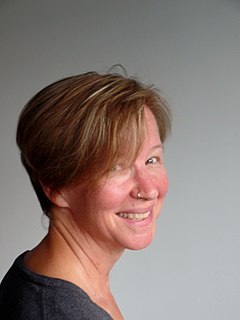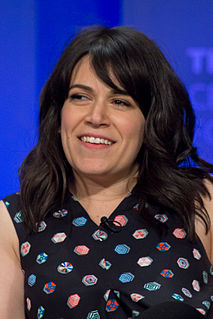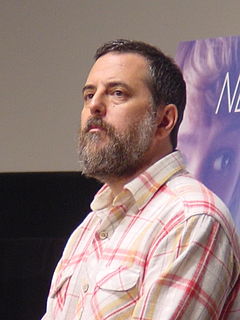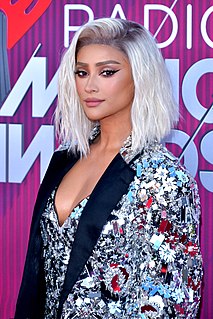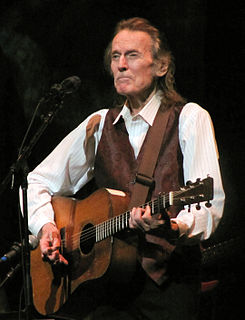A Quote by Garth Stein
The craft of writing is all the stuff that you can learn through school; go to workshops and read books. Learn characterization, plot and dialogue and pacing and word choice and point of view. Then there's also the art of it which is sort of the unknown, the inspiration, the stuff that is noncerebral.
Related Quotes
When you learn to read and write, it opens up opportunities for you to learn so many other things. When you learn to read, you can then read to learn. And it's the same thing with coding. If you learn to code, you can code to learn. Now some of the things you can learn are sort of obvious. You learn more about how computers work.
I didn't study anything really. I didn't learn out of the books because I couldn't read music very well, so it is what they say it is - you learn from other people. And my cohorts and I would sneak around the coffee shops and hear stuff we wanted to learn, and then you ask whoever was playing it to teach you.
Learn as much as you can. Take every opportunity to learn about writing, whether it’s through classes, workshops, whatever is available to you. This may be difficult, because things like classes, workshops, writing programs, require time and money. But I say this honestly and somewhat harshly – if you’re not willing to prioritize your writing, perhaps you should do something else?
I was lucky to have a guitar teacher who asked me what I wanted to learn. I brought in "High & Dry" by Radiohead and "Mr. Jones" by Counting Crows and he was like, "Alright, I'm gonna teach you these, but you're also gonna learn some stuff that I want you to learn." He taught me Jimi Hendrix and Eric Clapton, so I was getting the technical stuff and the fun stuff.
I'm reading a lot of different books, but I always think I have to switch it up a little bit. It's like food - everything in moderation, same with my books, same with my reading. You read books that are good for you and you learn a lot of stuff, then you read 'Fifty Shades of Grey,' which is like candy.
There's no such thing as a folk writer. There's no such thing as somebody who's never read a book before suddenly sitting down one day and writing one. You have to learn how to captivate a reader. Right? And I don't mean you have to go to school for it. But if you're - if you pay attention, you can learn it by reading books. And so I feel like I learned a lot by reading books.
I think sometimes when people start doing improv there's some regression towards trying to replicate the "good" improvisers that they've read about in their improv books or heard about from their teachers. That's understandable, because they're trying to learn technique and stuff, but I actually think that my favorite performers are ones who have unique improv technique but also have a unique point of view that you can feel with them and their performances.


